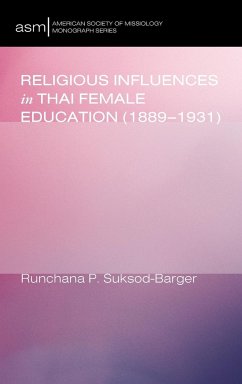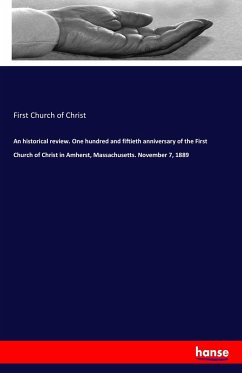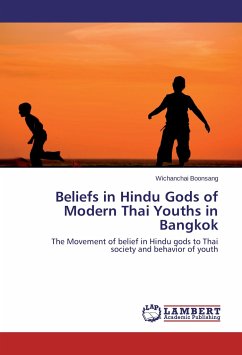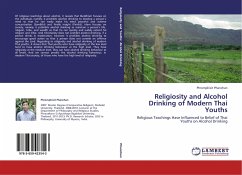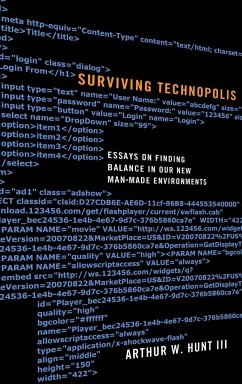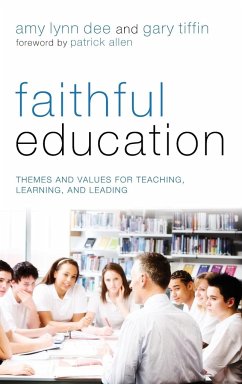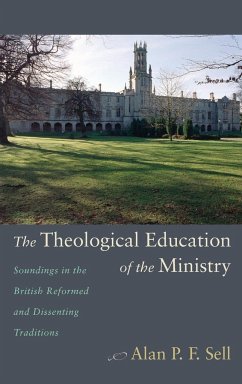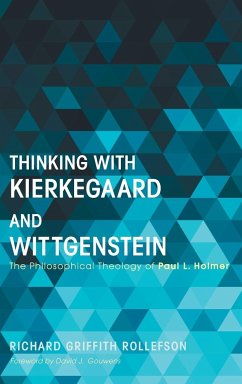In this study Runchana Pam Suksod-Barger examines the impact of religion on female access to education in Thailand from 1889 to 1931--the early Modernization Period in Thailand. Although Thailand had traditionally been a Buddhist nation-state, Protestant missionaries during this era arrived in the country to convert Thais to Christianity. The Protestant belief in literacy so that everyone could read the Bible opened up educational opportunities for Thai girls that were not previously available to them. Suksod-Barger investigates the degree to which Buddhist and Christian (Protestant) influences affected Thai educational reforms for girls in primary and secondary education during the early Modernization Period, using a feminist theoretical framework to understand the social, political, economic, and religious impact. Examination of historical documents and empirical data are employed to compare the effect of two religions' values on female education access. The study contributes to the exploration of the historical and contextual discourse of Buddhism and women in Thailand, the history of education for Thai females during the early Modernization Period, and the overview of Protestant missions in the country, particularly their influence in establishing systems of mass education. This book is a truly fine and creative treatise on religious influences on female education during a particularly formative period of educational modernization and expansion in Thailand. Suksod-Barger's application of the sociological concept of spiritual capital as a key instrument of her analysis is an imaginative and impressive piece of scholarship. Her work embodies a deep knowledge, not only of historical method and sociological analysis, but also of political and psychological theories relating to religion. --Erwin H. Epstein, professor emeritus, Center for Comparative Education, Loyola University, Illinois Runchana Suksod-Barger's significant study, Religious Influences in Thai Female Education (1889-1931), analyzes the historically important relationship between traditional, exclusively male, Buddhist schooling; Protestant missionary schools that promoted female education; and politically astute Thai royalty, who ultimately embraced the transition to inclusion. Expert use of rare documents makes this a text critical to gender studies, education, missiology, and political science. --Katherine T. Carroll, professor, Loyola and Concordia Universities, Illinois R. Pam Suksod-Barger is a guest faculty member in the Intercultural Studies Department at Wheaton College Graduate School. She also currently serves as the English Language Institute program administrator and coordinator of distance education. Her research interests focus on cross-cultural research, internationalization, democratization, technology, social justice, religion, and gender in education.
Hinweis: Dieser Artikel kann nur an eine deutsche Lieferadresse ausgeliefert werden.
Hinweis: Dieser Artikel kann nur an eine deutsche Lieferadresse ausgeliefert werden.

